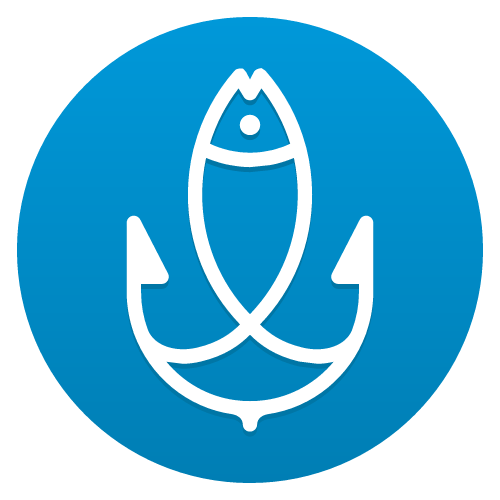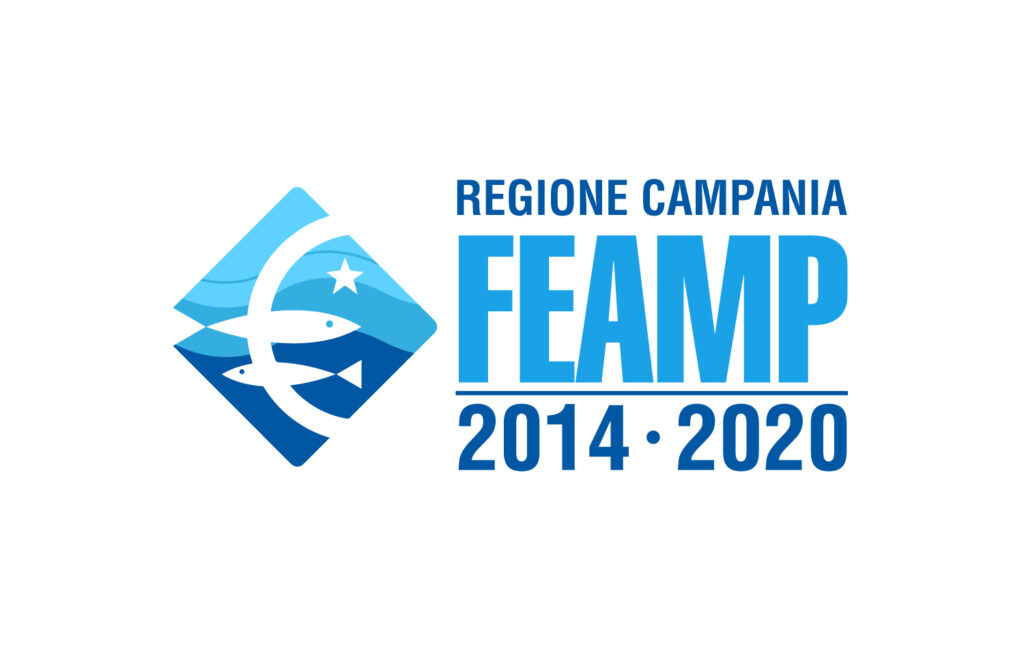The Campania Fish Supply Chain
Challenges and Potential
Campania’s fish supply chain presents unique characteristics that require particular attention. Unlike agricultural and livestock supply chains, the fish supply chain is short and is mainly based on the marketing of fresh fish. However, this peculiarity involves some critical issues that limit its optimal development. In the following, we will explore the challenges related to perishability, service content and uncertainty about the provenance of the catch.
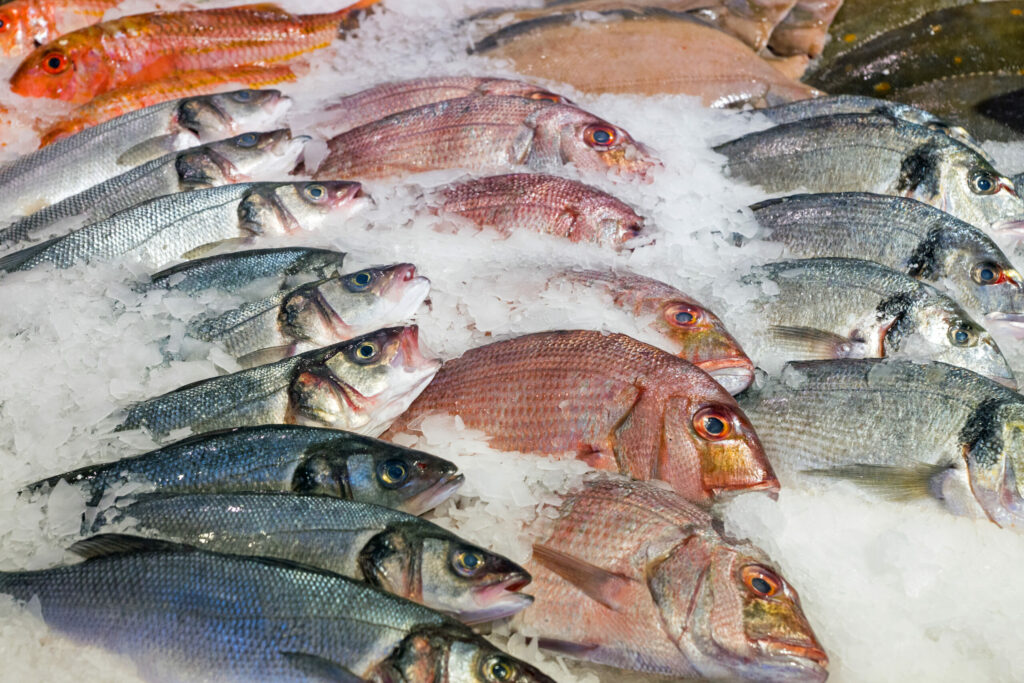
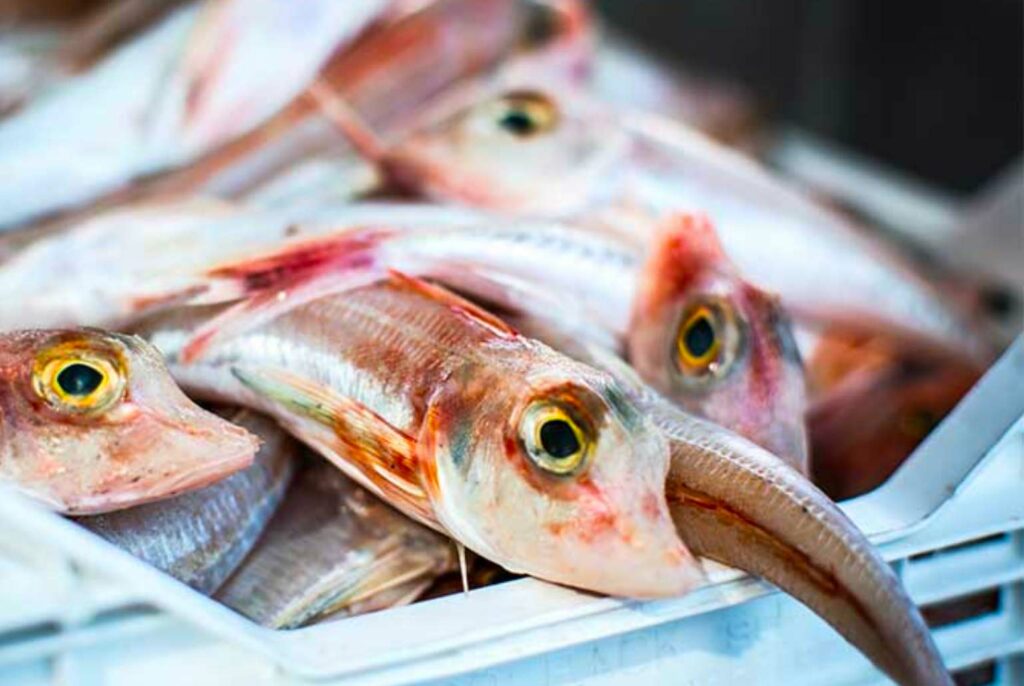
Challenges of Fish Conservation
Preserve the Quality and Freshness of the Catch
Many fish species are highly perishable, requiring measures such as the cold chain and rapid sorting. However, these efforts do not always guarantee the desired quality and freshness for consumers. The supply-demand dynamic is often out of sync, causing product deterioration. This situation requires the development of new technologies to improve conservation both on board vessels and in storage facilities
Freezing and New Technologies
Conservation and Innovation
In some situations, freezing is used to prolong the shelf life of fish, but this can compromise sensory quality. Ice crystals alter the structure of tissues, negatively influencing texture and nutritional value. New technologies are needed that can lower the temperature to slow spoilage processes without negatively affecting the quality of the fish.
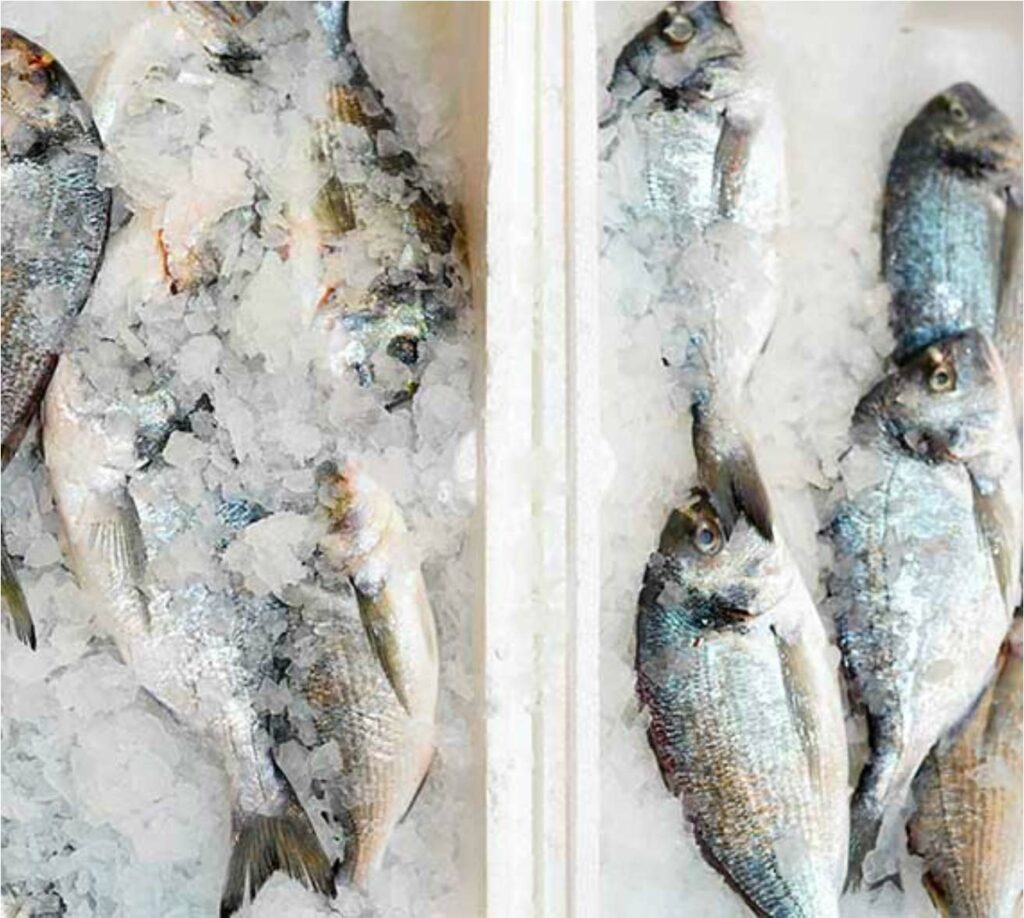
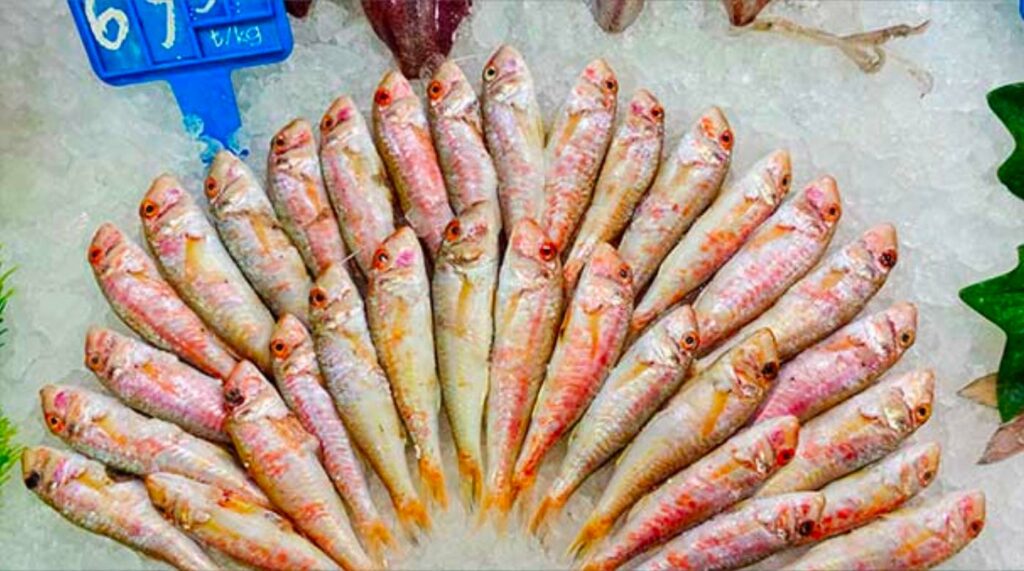
Project Objectives
Prolong the shelf-life of Campania fish
The project focuses on preserving the quality and food safety of Campania fish through the implementation of innovative technologies. The objective is to prolong the primary and secondary shelf-life of fish products, facilitating the adoption of these solutions by sector operators.
Role of CAISIAL
CAISIAL's Expertise in the Food Sector
Il Centro per l’Innovazione e lo Sviluppo nell’Industria Alimentare (CAISIAL) svolge un ruolo chiave nel progetto.
Founded in 2004, the institution focuses on research and innovation in the food sector, collecting data on innovations, food transformations and technology transfer to companies.
CAISIAL is equipped with advanced resources, including modern laboratories and pilot plants for the development of new foods.
Project Activities
The project is divided into two distinct work packages:
Freshness Evaluation and Conservation Innovation
WP1
Evaluation of the Freshness of Campania Fish
This WP aims to develop the “Quality Index Method” (QIM) to evaluate the freshness of Mediterranean fish. The QIM evaluates sensory attributes through a scoring system, also allowing the remaining shelf-life to be estimated. The goal is to correlate sensory analysis with analytical indices and develop new freshness markers.
WP2
Process Innovation in Fish Preservation
This WP focuses on emerging technologies such as electrified water, active coatings and static electric fields to improve the preservation of seafood products. The study involves optimizing conditions and analyzing the effect of single and combined technologies on fish quality.
We are determined to preserve the quality of Campania fish through innovation, working in collaboration with industry operators and using advanced scientific approaches.
Timetable
The activities relating to the proposed research began upon signing the Agreement
(ex article 15, Law 7 August 1990, n. 241) on 12/12/2022 and will end on 30 October 2023.
| Line of business | Workpackages (WPs) | 2022 Dic | 2023 Jan-Feb-Mar | 2023 Apr – May – Jun | 2023 Jul-Ago-Sep-Oct |
| Line 1: Process innovation in fish conservation | WP1: Evaluation of the freshness of Campania fish | x | x | x | x |
| WP2: Process innovation in the conservation/refrigeration of fish | x | x | x | ||
| WP3: Dissemination and technology transfer activities | x | x | x |
